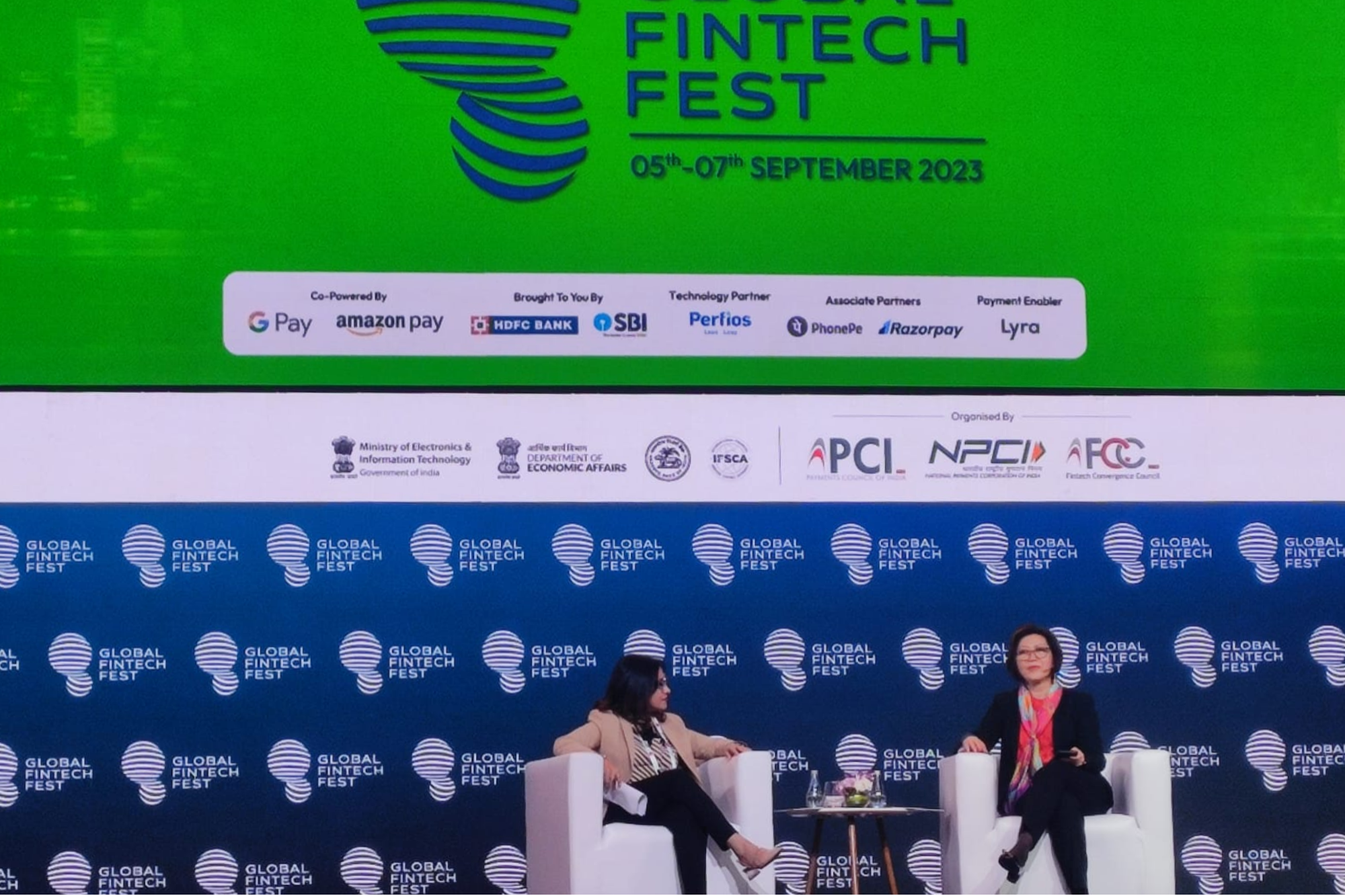Why Cross-border Payments is Not as Simple as UPI and How that can be Changed While the Asia-Pacific region, particularly India, has been a figurehead for fintech adoption, with UPI and other digital technologies, such as Aadhar, cross-border remittance continues to be a lengthy-tedious process.
Opinions expressed by Entrepreneur contributors are their own.
You're reading Entrepreneur India, an international franchise of Entrepreneur Media.

In 2022, India topped the charts for being the world's largest remittance-led country with USD 89 billion of foreign inward remittance. Ministry of External Affairs, back in 2018, reported that over 32 million NRIs and PIOs (including OCIs) resided outside India. And along with overseas Indians, it comprised of the world's largest overseas diaspora.
While the Asia-Pacific region, particularly India, has been a figurehead for fintech adoption, with UPI and other digital technologies, such as Aadhar, cross-border remittance continues to be a lengthy-tedious process. "We have to agree that digital payments are rapidly becoming part of the fabric of everyday life," noted Christine Tan (Jang), Head of Financial Institutions Group Sales, Asia Pacific Payments, J.P. Morgan. She shares that over 24 per cent of the Indian payments inwards are actually from the Indian diaspora.
But what are the challenges and the issues that are not making the process as easy as a single tap on UPI apps? Paroma Chatterjee, CEO, Revolut India cites four reasons- access, affordability, speed, and security.
A lot of such institutions have physical outlets and are not accessible to people living in smaller cities and towns, hence a lack of easy initiation of a cross-border payment or a remittance transaction. Second is affordability, in spite of Indian Rupee holding a stable position, it is tough to find an affordable conversion solution. It can cost 3 to 5 per cent of the total amount one is trying to send.
Third is speed, the documentation process coupled with payment initiation from a bank, the transfer to another bank overseas, and then the transfer to the final party, can easily take two to three days. And last but not least, security. The constant fear of whether one's funds are secure and transparent is real. "It is high time for us to come together and make cross-border payments as seamless as sending money to somebody," shares Chatterjee.
So what can be done? With Revolut, Chatterjee and the company are trying to make this easy for Indians living abroad who want to send money to their loved ones in India, "Having our own treasury management to be able to offer the best in class conversion rates to the population over here. Be able to do that on the same day near real-time. So we're trying to solve for that as the third and obviously create a very strong verification stack solution to be able to verify the identity of the individual who is trying to send the money from here as well as the identity of the person who is supposed to receive the money on the other side and being able to do the end to end transaction in a secure form."
"The competitive landscape in payments is shifted from the seamless experience, which is now taken for granted, to a contextual experience such as smart contracts, embedded finance and services models," adds Tan. With Onyx, the world's first blockchain-based platform for wholesale payment transactions, JP Morgan is trying to solve some of the challenges about remittances in terms of validation of data.
"So we're now entering the period where ecosystems between banks and fintechs are driving partnerships to excel and actually innovate further. So it's quite a nice sight in times and some of the specific ways that I'll call out in these partnerships are specifically API access, so the bank has the infrastructure to actually provide this access to other financial services and fintechs and in turn collaborate with the fintechs to actually scale up their offerings and offer their clients a seamless experience," concludes Tan.
The comments were made at the sidelines of the ongoing Global Fintech Fest 2023.













